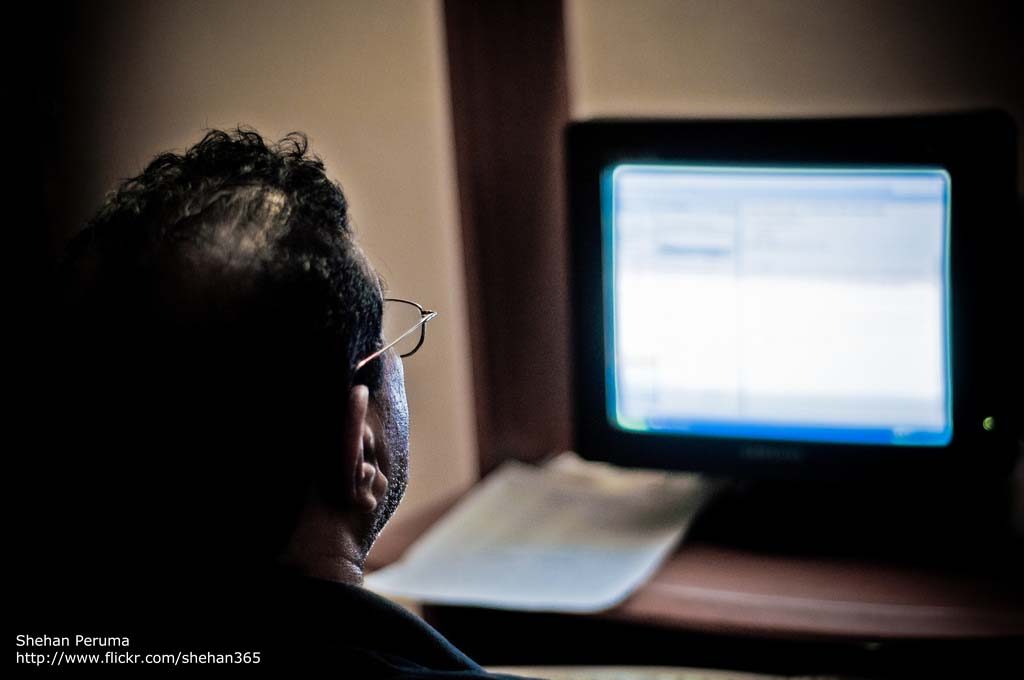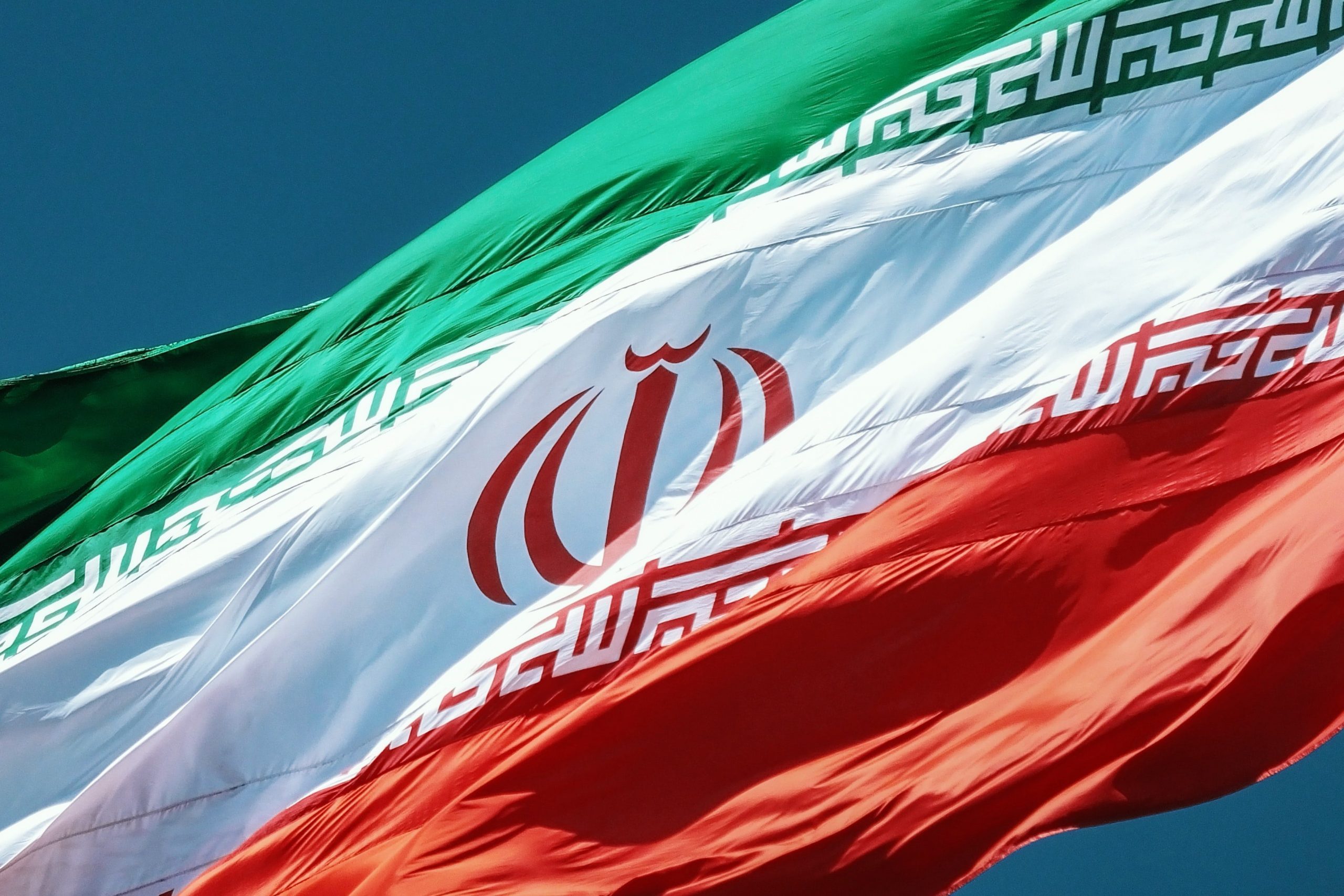
Three expats in Qatar have been convicted by a misdemeanor court in Doha of defaming their children’s principal and other school officials on Facebook.
The parents were apparently upset about tuition fee increases at the Philippine School Doha and vented their frustrations online.
However, the lawyer representing the school said their comments included false personal attacks against the principal that alleged he engaged in activities that are illegal in Qatar.
The incident took place in October 2013, but a verdict was only rendered this month.

In total, five Filipino expats between the ages of 40 and 52 were charged under Qatar’s defamation law.
Three were convicted and each were handed a five-month suspended jail sentence and a QR1,000 fine.
Typically, defendants convicted of suspended sentences go on probation and avoid jail if their record remains clear for a certain period of time.
The case was also referred to Qatar’s Civil Court, which means the convicted parents may be forced to financially compensate the school and its officials for any hardship they caused.
Speaking to Doha News, Noura Sarhan – the school’s lawyer – disputed previous media reports about the case that the school’s tuition had been sharply increased. She said the school recognizes that parents may be earning modest salaries and watch tuition increases anxiously.
“It was not an exorbitant increase,” Sarhan said. She added that like most schools, tuition fee increases at the Philippine School Doha need to be approved by Qatar’s Supreme Education Council.
The exact size of the tuition fee increase that upset the parents is not known. The school’s principal could not be reached for comment Monday afternoon, and an official at the Philippines Embassy – which sponsors the school – declined to comment on the case.
Defamation in Qatar
According to Sarhan, anything said in public that would negatively affect the reputation of a person or cause emotional harm to their family is illegal in Qatar.
The country, like other GCC states, treats defamation as a criminal offense. These laws are at least partially a legacy of British colonial rule and were previously used to keep local populations in line, according to Matt Duffy, who is an expert on journalism and media laws in the Middle East.

Nevertheless, he told Doha News that threats of jail time are “pretty out of alignment with how many international courts are handling defamation these days.”
Duffy, who teaches media law at Kennesaw State University in the US, argued that it is more desirable to have an environment where matters of public importance can be freely debated.
In countries with criminal defamation laws on the books, a complaint could theoretically lead to an individual being arrested and held in jail before appearing in court, he said.
“That’s a huge encumbrance to speak freely,” he said.
He argued that justice could still be served by using the civil court system, which can still levy financial penalties large enough to dissuade others from making harmful, public statements about identifiable individuals.
“But if it is done in such a way (with) no chance of jail, we don’t necessarily squelch discussions of matters of public importance,” Duffy said.
However, Qatar and other GCC states have recently strengthened criminal defamation provisions by passing new cybercrime laws.
Qatar’s version, which was passed last fall, makes it illegal to spread “false news,” libel or slander a person online as well as publish any news, pictures, audio or video recordings related to the personal or family life of individuals that violate the country’s social value or principles.
While it’s not clear why the cybercrime provisions were not used in this case, many countries prohibit individuals from being charged under laws that were passed after the alleged offense took place.
Thoughts?







